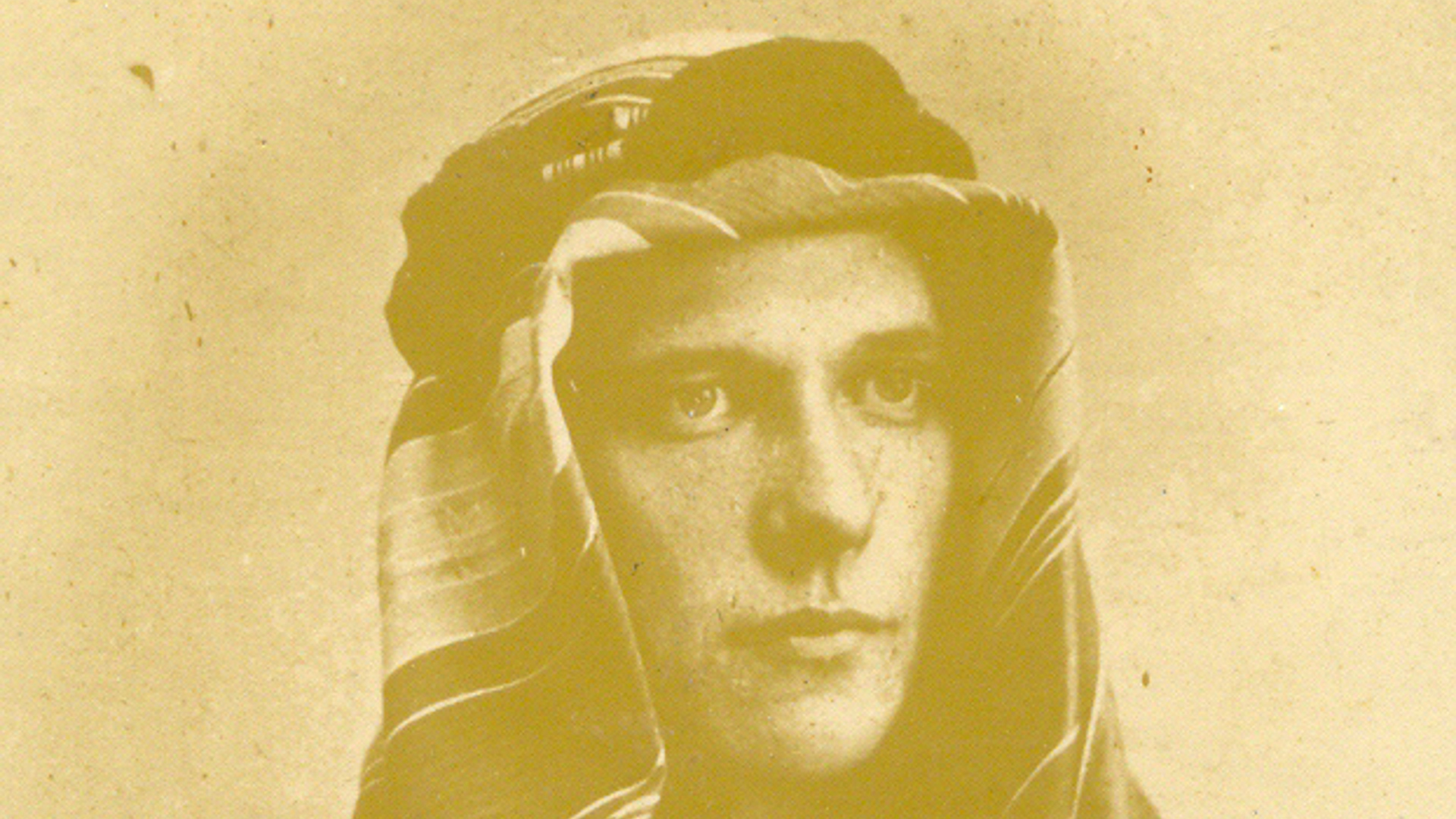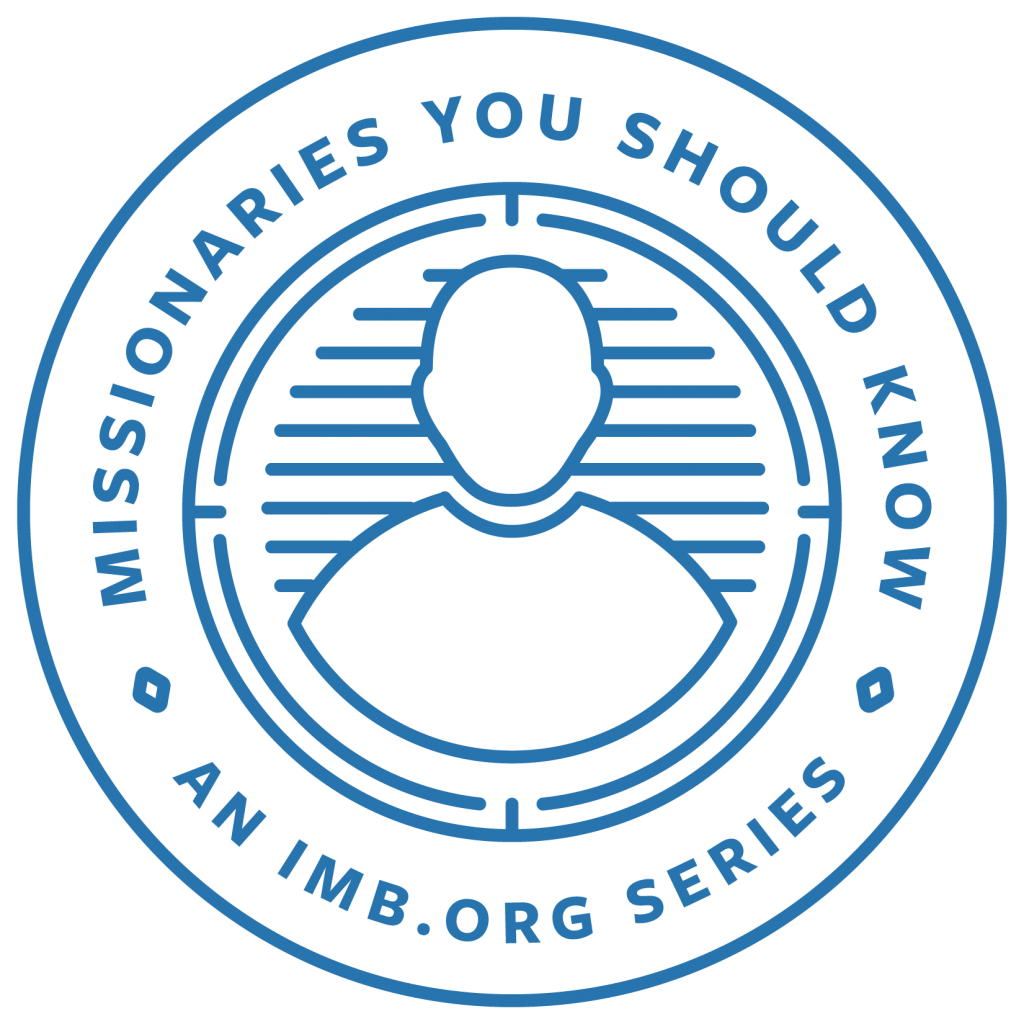
 Samuel Zwemer contributed more to mission work among Muslims in the Middle East and North Africa than perhaps any other individual in history. He was a faithful missionary, a fervent mobilizer, and a foundational theologian for Christian mission efforts among Muslim peoples. Though he did not see scores of Muslims trust in Jesus for salvation, church historian Kenneth Scott LaTourette wrote of him: “No one through all of the centuries of Christian missions to Moslems has deserved better than Dr. Zwemer the designation of Apostle to Islam.”[1]
Samuel Zwemer contributed more to mission work among Muslims in the Middle East and North Africa than perhaps any other individual in history. He was a faithful missionary, a fervent mobilizer, and a foundational theologian for Christian mission efforts among Muslim peoples. Though he did not see scores of Muslims trust in Jesus for salvation, church historian Kenneth Scott LaTourette wrote of him: “No one through all of the centuries of Christian missions to Moslems has deserved better than Dr. Zwemer the designation of Apostle to Islam.”[1]
Pioneer Missionary
Until Samuel Zwemer set sail for Arabia in 1890, very few, if any, missionaries had intentionally focused on taking the gospel there. Arabia’s scant resources, scattered population, extreme climate, and government by foreign powers were significant barriers to entry.
But immediately upon his arrival in Arabia, Zwemer devoted himself to learning the Arabic language. Before even leaving the United States, Zwemer had already taught himself the Arabic alphabet and some basic grammar rules.
“No one through all of the centuries of Christian missions to Moslems has deserved better than Dr. Zwemer the designation of Apostle to Islam.”
After a period of studying Arabic in Beirut, Zwemer journeyed along the Red Sea, braving the threat of dangerous storms, pirates, and makeshift ports before ultimately arriving in Yemen. Of the inherent risks in missionary life Zwemer later wrote, “With God’s sovereignty as basis, God’s glory as goal, and God’s will as motive, the missionary enterprise today can face the most difficult of all missionary tasks—the evangelization of the Moslem world.”[2]
Refering to Zwemer’s impact in Arabia, one author wrote, “Today all along the whole Persian Gulf coast the sheiks of Araby still talk of these pioneer missionaries [Zwemer and Cantine] who had the courage to tell the story of Christianity to the fanatical Moslems . . .”[3]
Effective Mobilizer
Zwemer was not only a faithful missionary, but he was also known as a fervent mobilizer for the cause of mission to Muslims. At that time, few Westerners had been exposed to the Islamic world. But in 1905, he and his family returned to the United States for a furlough. He journeyed to campuses and conferences all over the country. Over the next several years, Zwemer traveled widely throughout the US sharing about God’s heart for Muslim people and informing Christians of the urgent need to engage in taking the gospel to Muslims.
God blessed Zwemer with the ability to communicate well and to inspire young people to pray, give, and engage in the mission of God among Muslims. Renowned missiologist, J. Christy Wilson, commenting on Zwemer’s talent as a mobilizer later wrote that “John R. Mott has stated that Zwemer was responsible for sending more young men and women overseas as missionaries than any man from the days of Christ on earth to the present. . . . At the great student conventions, John R. Mott would call for Zwemer to come from wherever he might happen to be in the world. Zwemer and Speer were so filled with power that thousands of students who heard them dedicated their lives to foreign missionary service.”[4]
Although he was not in the heart of Arabia as he believed God had called him to be, Zwemer made the most of his life during this season to help mobilize and inspire scores of people to engage in mission among Muslims.
Writer, Publisher, and Theologian
Today, Samuel Zwemer is best known through his extensive writing and theological contributions to Christian mission among Muslims. Over the course of his life, Zwemer authored over fifty books. He was more prolific with the pen than perhaps any other missionary to Muslims in history. One cannot accurately understand Zwemer’s influence on Christian mission to Muslims without understanding his role as a foundational theologian.
After his seven years of mobilization in the United States, the Zwemer family moved to Cairo, Egypt, to help make it a Christian center for Islamic studies. Wilson adds, “Zwemer knew well the strategic value of Cairo as a center for Christian Missions to Muslims, and after due thought and much prayer, accepted the call.”[5]
Zwemer’s writing career took off during this time, and he understood that the gospel could travel farther and quicker through the printed page than perhaps any other means. It was during this time that Zwemer founded and served as editor for the Publication The Moslem World, a quarterly journal that Zwemer would edit for the next thirty-six years, from 1911 to 1947.
After traveling around the world and living in Cairo for more than sixteen years, Zwemer was asked in 1929 to consider joining the faculty at Princeton Theological Seminary. This was the second time the distinguished institution had offered Zwemer a teaching position and this time around, Zwemer accepted the invitation to serve as professor of The History of Religion and Christian Mission. Upon his election to the Princeton faculty, Zwemer said, “My experience has been in practical evangelism, rather than in the classroom. It is a far call from the camel’s saddle in Oman or a seat in a coffee shop in the bazaars of Cairo to a Professor’s chair. I count myself happy, however, henceforth to have a small part in promoting those high ideals . . . for which Princeton has always stood.”[6]
An Enduring Legacy of Faithful Service
Zwemer taught at Princeton from 1929 to 1936. He then moved to New York City where he continued to edit, write, and speak on Christian mission to Muslims. Several years later on February 17, 1952, Zwemer died there at the age of eighty-four. He left behind an amazing legacy and a plethora of missiological insights through his written work.
More importantly, he demonstrated a life of faithfulness wherever God placed him. Whether he was in the deserts of Arabia with the Bedouin or surrounded by seminary students at Princeton Seminary, Samuel Zwemer devoted his life to seeing the gospel proclaimed, individuals mobilized, and churches motivated to support and partner with missionaries to win the Muslim world for Jesus Christ. Lord willing, it will continue to be a legacy that inspires and encourages missionaries among Muslims until our King returns.
Dr. Paul Akin is the team leader of assessment and deployment at the IMB. He can be found on Twitter.
Sources:
[1] J. Christy Wilson, Apostle to Islam: A Biography of Samuel M. Zwemer (Grand Rapids: Baker, 1952), 5.
[2] Samuel M. Zwemer, “Calvinism and the Missionary Enterprise.” Theology Today 7 (1950): 214.
[3] Zwemer and Cantine, Golden Milestones, 5.
[4] Wilson, “Epic of Zwemer”, 83.
[5] Wilson, “Epic of Zwemer”, 83.
[6] Wilson, Apostle to Islam, 210.
Photo courtesy of Western Theological Seminary Collection at the Joint Archives of Holland. Used by permission.

